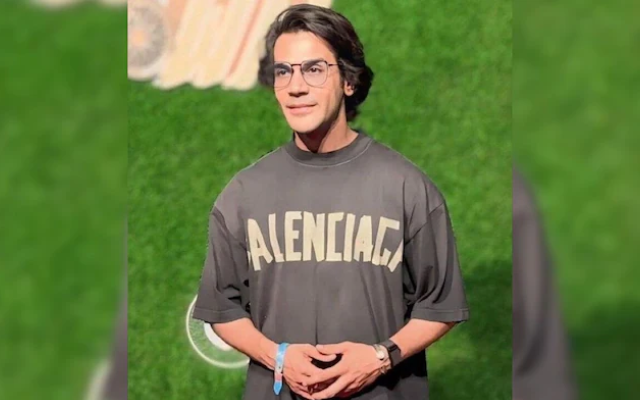
New Delhi: The Supreme Court on Monday rejected the central government’s plea for adjourning a scheduled hearing by a constitution bench on July 10 on petitions against Section 377 of the Indian Penal Code that makes homosexuality a crime.
A bench of Chief Justice Dipak Misra, Justice A.M. Khanwilkar and Justice D.Y. Chandrachud refused to adjourn the matter when the Centre sought time to file its response to the petitions.
The court said the matter had been pending for some time and the Centre should have filed its response, adding: “We will go ahead with the scheduled hearing. We will not adjourn it. You file whatever you want during the hearing.”
A new five-judge constitution bench of the Supreme Court has been formed to hear the case.
Justice Rohinton Fali Nariman and newly-appointed judge Justice Indu Malhotra will now be part of the bench along with Chief Justice Misra, Justice Khanwilkar and Justice Chandrachud. The two will replace Justice A.K. Sikri and Justice Ashok Bhushan.
Earlier, the top court referred to a constitution bench several pleas filed by eminent citizens and NGO Naz Foundation challenging a 2013 apex court verdict which re-criminalised gay sex between consenting adults.
Section 377 refers to “unnatural offences” and says whoever voluntarily has carnal intercourse “against the order of nature” with any man, woman or animal shall be punished with imprisonment for life, or with imprisonment of either description for a term which may extend to 10 years, and shall also be liable to pay a fine.
On January 8, the top court said that it will re-examine its verdict upholding Section 377, and observed that “a section of people or individuals who exercise their choice should never remain in a state of fear”.
The January 8 order came on a petition by Sangeet Natak Akademi awardee Bharatnatyam dancer Navtej Singh Johar, celebrity chef Ritu Dalmia and others holding that Section 377 was “violative of fundamental rights under the Constitution’s Article 21 (right to life)”.
The top court by its 2013 order set aside a Delhi High Court’s July 2, 2009 verdict decriminalising gay sex.
Hotelier Kesav Suri, the Managing Director of Lalit Suri Hospitality group who is also an LGBT (lesbian, gay, bisexual and transgender) rights activist, filed the plea in the apex court in April challenging the constitutional validity of Section 377.
In May, another petition was filed by a batch of 20 current and former students of Indian Institutes of Technology on the issue.
Students, claiming to represent more than 350 LGBT alumni, staff and faculty from IITs, said the existence of Section 377 had caused them “mental trauma and illnesses, such as clinical depression and anxiety and relegated some of them to second-class citizenship”.
Coming from different parts of the country with diverse religion, age, sex and other backgrounds, the petitioners said Section 377 legitimises the stigma associated with sexual orientation and its expression — something which is essential, fundamental, intrinsic and innate to an individual.


















